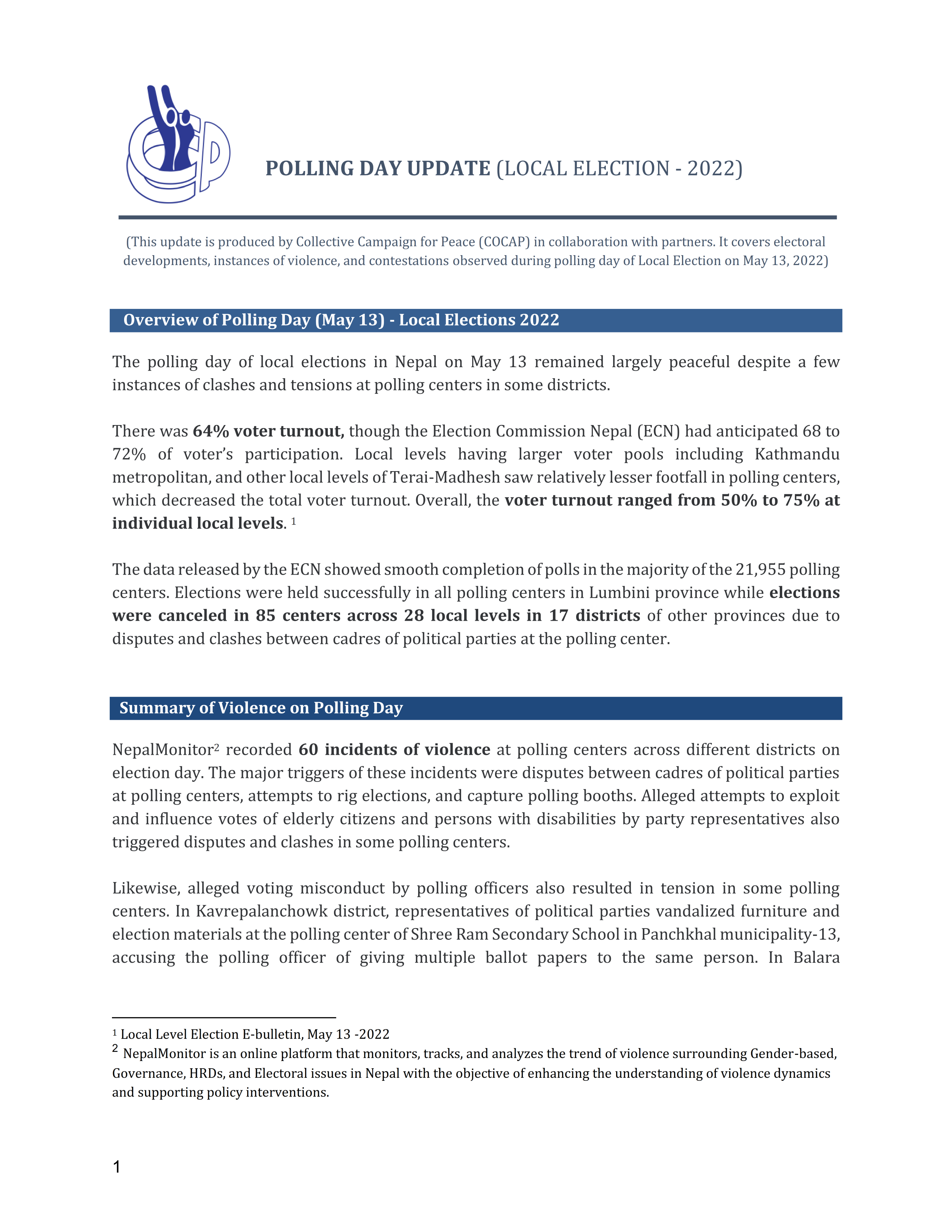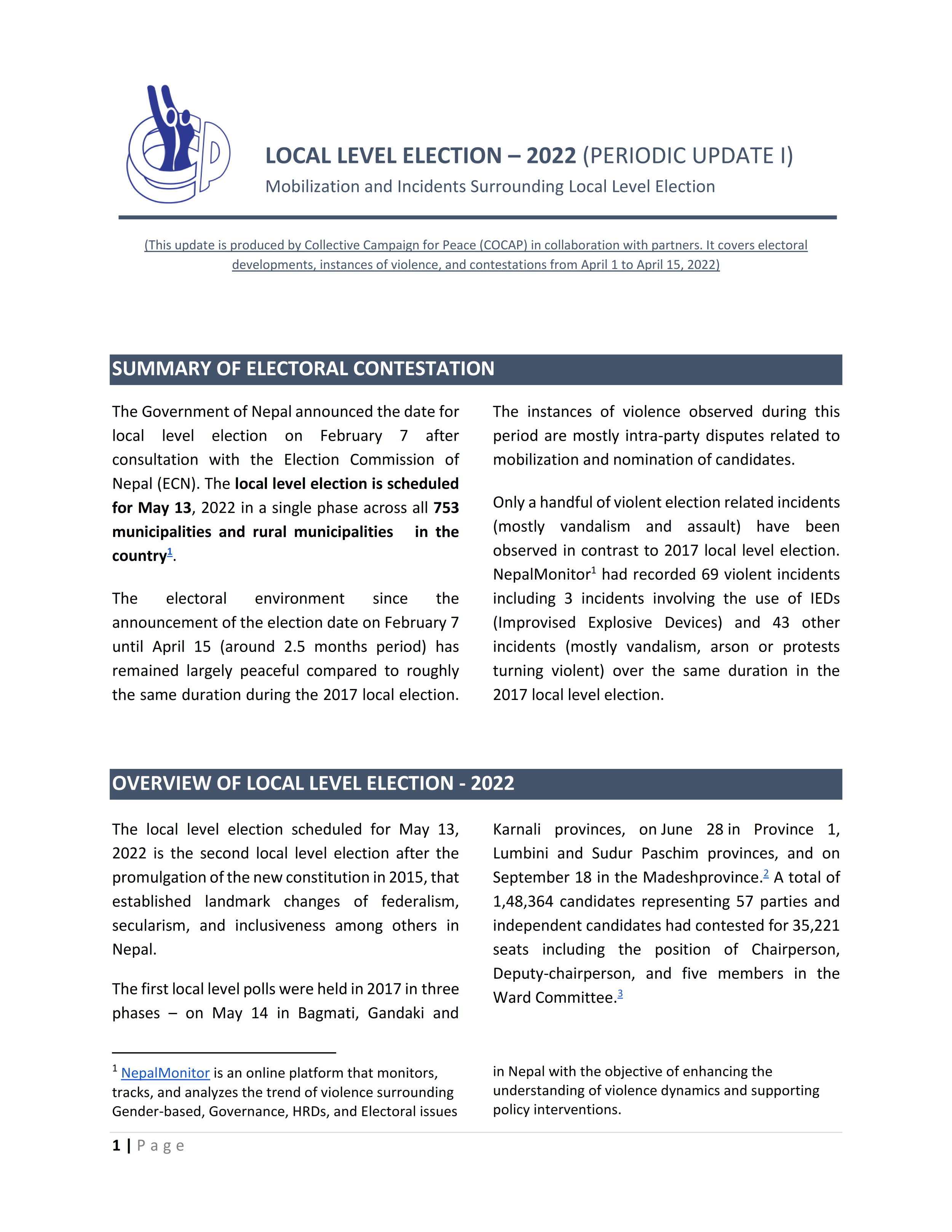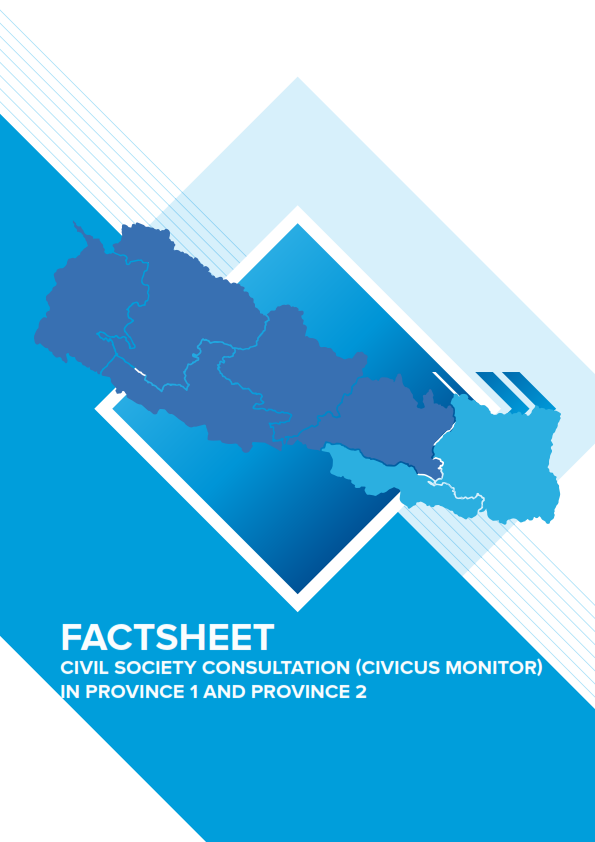Incident Reports
Bill needs to broaden definition of torture‚ say rights activists
2015-03-17
A new torture Bill registered at the Parliament Secretariat seeks to criminalize torture for the first time but it is still far from internationally accepted standards and norms. Section 20 of the new Bill proposes punishment not exceeding five years’ imprisonment or fine not exceeding Rs 50,000 for the acts of torture; Section 22 of the Bill proposes compensation of up to Rs 500,000 for the victim; the Bill also proposes a 10 percent increase in the punishment for the perpetrator if an act of torture maims the victim, causes loss of mental balance, or if a torture victim is unable to perform his/her profession or if s/he is infected with HIV. Human rights lawyer Govinda Bandi said although the Bill was brought to deflect criticism over Torture Compensation Act for failing to criminalize torture, the new Bill was still not adequate. “If this Bill is enacted into law in its present form, no police authority can be punished if they torture people outside the police custody,” Bandi added.
Another human rights lawyer Dipendra Jha said torture could take place at an individual’s house, on the street, or any place other than police custody; but if the Bill was enacted into law, crimes of torture committed outside police custody would not fall under the ambit of anti-torture law. Jha said Bill’s definition of torture did not conform to that of the United Nations Convention Against Torture and Other Cruel, Inhuman and Degrading Treatment or Punishment. Bandi said the ceiling of Rs 500,000 compensation was not enough, as torture could gravely injure or incapacitate the victim. “Compensation amount should be fixed keeping in mind the injury inflicted on the victim,” he said, adding, “If the government wants the new torture law to address the conflict-era cases of torture, the Bill should criminalize torture with retroactive effect.” Jha said Bill’s provision of 90 days statute of limitations for filing cases of torture was against UN Convention against Torture. He said the Bill intended to criminalize torture but proposed administrative action against the superior authority that was against the spirit of anti-torture law. “If torture is criminalized, even the superior authority should be punished. Departmental action alone cannot be justifiable,” he added.
Programme Coordinator of Centre for Victims of Torture-Nepal Jamuna Paudel said the Bill lacked appropriate provisions for the protection of victims and eye witnesses. “In torture cases, the witnesses face threat from the perpetrator from the very moment a case is filed and therefore there should be enough mechanisms to provide security to the witnesses or else such torture laws cannot yield desired results,” she added.
Related Reports
Governance / Kathmandu
Medical education concern committee protest by banging plates and whistling
Governance / Darchula
Workers padlock school citing non-receipt of wages for more than a year
Governance / Sunsari
Prohibitory order issued in Dharan, tightening at entry points
Governance / Morang
Students of Eastern College in Biratnagar on protest
Human Rights / Mahottari
Woman subjected to assault and inhumane treatment on witchcraft allegation in Mahottari
Related Trend Analysis
Analysis

THE NEPAL PEACE MONITOR ANNUAL REVIEW: 2020
October 25, 2021
Human Trafficking / LGBT+ Rights / GBV / Political / Children’s Rights / Senior Citizens’ Rights / HRD Issues / Human Rights / Interpersonal Violence / Governance / Covid-19 / Civic-Space / PwD

_001.png)




